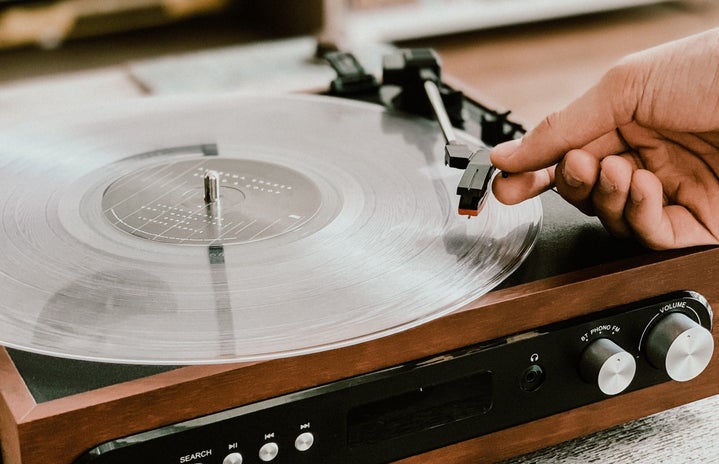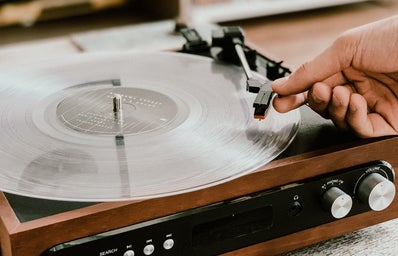Rubel managed to combine MPB with funk in his album with great mastery. AS PALAVRAS, Vol. 1 & 2 presents a broad repertoire, and, of course, the famous accordion is present too.
“AS PALAVRAS” is a 2 albuns in one, with 20 new songs. It was released in March 2023, breaking the hiatus maintained by the singer for almost four years. But if you analyze the album, the wait was worth it. The album features collaborations with singers of different types of music, such as Liniker, Xande de Pilares, and MC Carol.
If we had to choose a song to emphasize, Grão de Areia would surely be on the list. In Rubel’s previous album, Quando Bate Aquela Saudade was the most famous song, in pair with Partilhar and, if it is not too risky to say, the most important songs of Rubel’s career. But “Grão de Areia” comes to be its successor.
Rubel has become one of the new voices of Brazilian popular music. Unlike names such as Anavitoria, he is far from falling into boredom or lack of creativity, as the duo often does. Not that the intention is to make this comparison as a form of rivalry, but Rubel brings uniqueness and care to his compositions.
The singer was able to link sadness and romance, and the mix of themes was so special and well done that it can make you forgive Rubel’s disappearance over the years. Also, Rubel uses the space of his album to make truly important political positionaments, as in the song Forró Violento, who tells a (unfortunately) common narrative in our country.
However, if we were to make a critique, it would be directed toward the collaboration with Tim Bernardes. Although seen as one of the main names, the song As Palavras, which gave its name to the album, brings the opposite of what was expected. Maybe this was Rubel’s intention, but it might have been better thought out if it were a remarkable song, like Grão de Areia was. The accordion, which is one of the great attractions, could have been used in this one, for example.
Regardless, if you compare Rubel’s first album to the new one, it is evident how much he has evolved.
Despite the fact that it may cause some strangeness due to the difference in themes and rhythms, the poetry behind it is one of the great highlights. And in this way, Rubel shows that he can become even more established in the Brazilian music scene. The whole album is a unique experience, enigmatic, uncommon, disruptive, and deliciously well done. Enjoy it!
The article above was edited by Clarissa Palácio.
Liked this type of content? Check Her Campus Cásper Líbero homepage for more!


